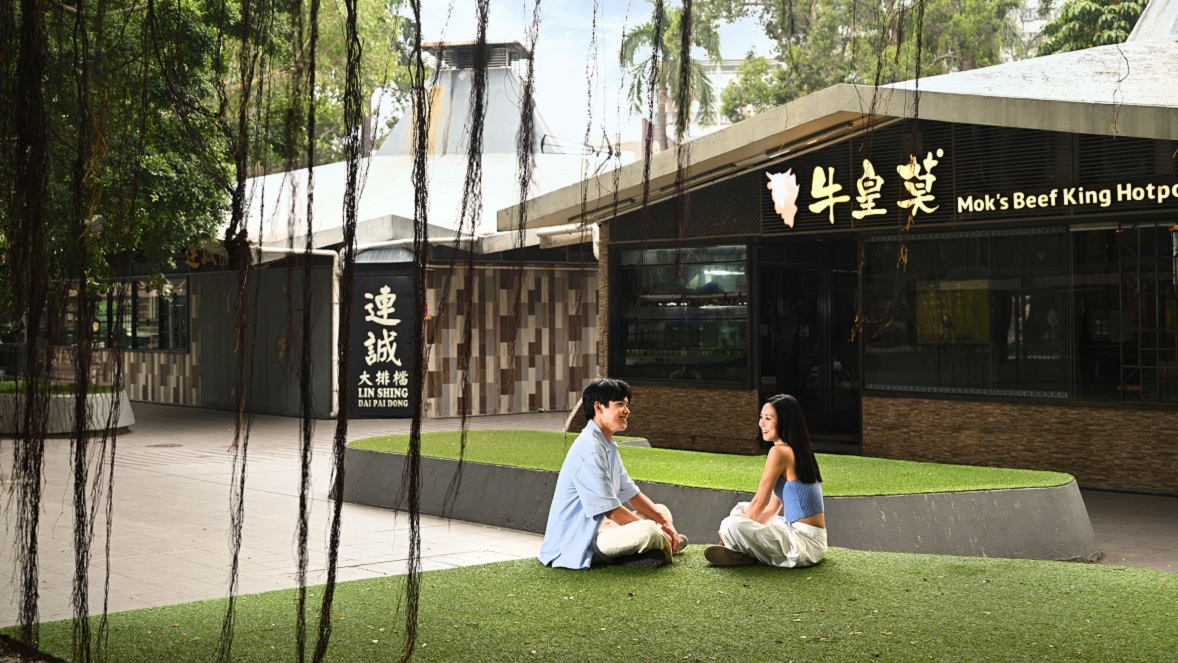
The “Mushroom Pavilion”, originating in the 1970s, earned its name from its distinctive square and pointed roof, resembling a mushroom cap. Despite its title, it doesn’t vend mushrooms or provide a resting area. Rather, Mushroom Pavilions are clusters of food stalls found in public housing estates, deeply ingrained in the daily routines of generations of Hong Kong locals.
These food stalls predominantly offer well-crafted dishes at affordable rates. Featuring a varied menu spanning local favourites to international fare, they serve as a microcosm of Hong Kong’s culinary richness as a “food paradise”. To promote the Mushroom Pavilion’s delicacies and culture, Link organised the “My Favourite Cooked Food Stalls Award” between April and May, during which local residents and diners voted for their favourite cooked food stalls on social media. The winners included Hing Kee from Tuen Mun’s Sam Shing Estate and Waitan Xuan from Tai Wai’s Sun Chui Estate. For food enthusiasts, a visit to these eateries is a must to savour their delectable offerings.
Hing Kee, managed by a father-daughter team, has earned acclaim over time for its roasted goose dishes and exceptional seafood offerings. Ms Lee, the daughter, expresses her “surprise and joy” at winning the award, attributing it to the quality of their cuisine and service.
Reflecting on her connection to Mushroom Pavilions, Ms Lee reminisces, “My formative years were spent in Sam Shing Estate, where I frequented the cooked food stalls. They were a part of my upbringing.”
Ms Lee never envisioned herself leading a Mushroom Pavilion eatery, which she cherished as a child. She recounts, “During the SARS outbreak in 2003, my father, along with some relatives and friends, took over a cooked food stall named Hing Kee. After the onset of the COVID-19 pandemic, I left my office job to assist my father with the stall.”
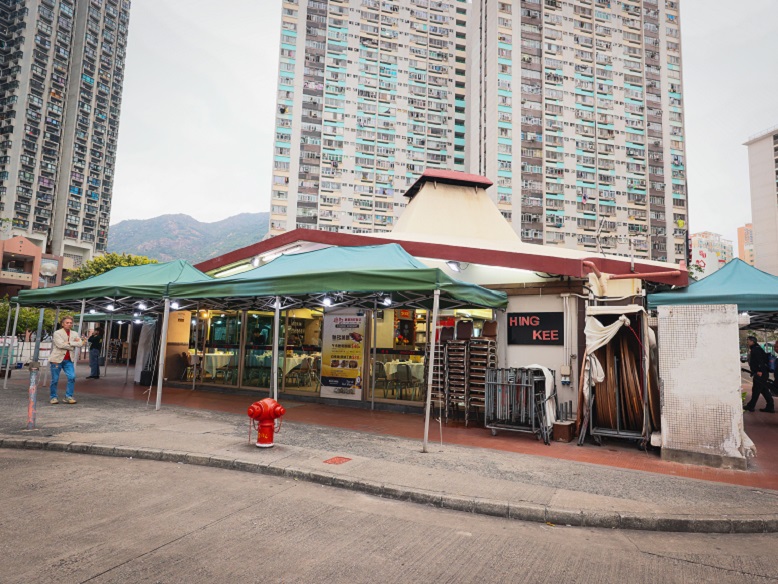
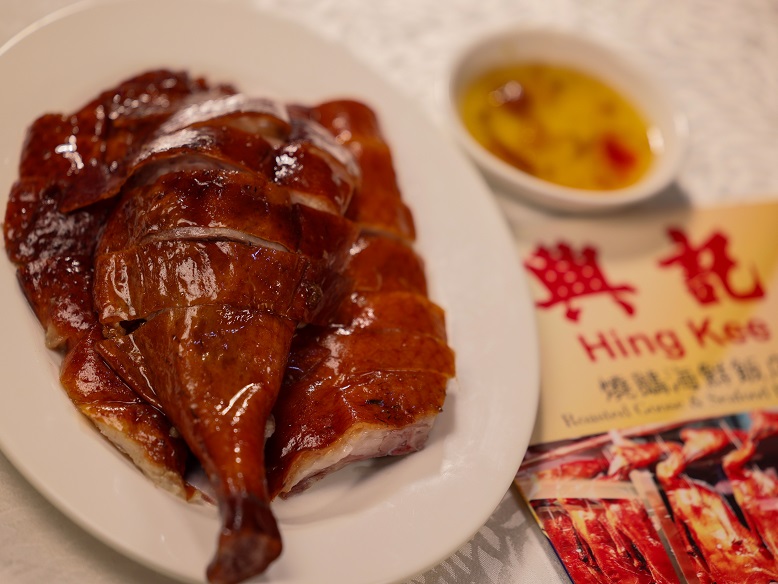
The pandemic brought challenges for small businesses like Ms Lee’s, with dining and gathering restrictions in Hong Kong forcing them to adapt. This led to innovations such as using higher-quality ingredients and enhancing services. Ms Lee reflects, “We’re thankful for the blessings and support that enabled us to persevere. Our staff also stood by us during these tough times, which deeply moved and heartened me.”
With years of experience running the stall, Ms Lee cherishes many fond memories. She shares, “For instance, witnessing couples visit during their courtship, return while expecting a child, and later coming together as a family of three. Even long-time regulars who moved abroad make a point to visit upon their return. These moments are incredibly touching.”
Waitan Xuan, renowned for its Shanghai cuisine, stands as another crowd favourite. Owned by Mr Wu, the restaurant was established in Tin Shui Wai six years ago before relocating to the Mushroom Pavilion in Sun Chui Estate, Tai Wai. When asked about the accolade, Mr Wu modestly expresses feeling “fortunate” and “joyful”.
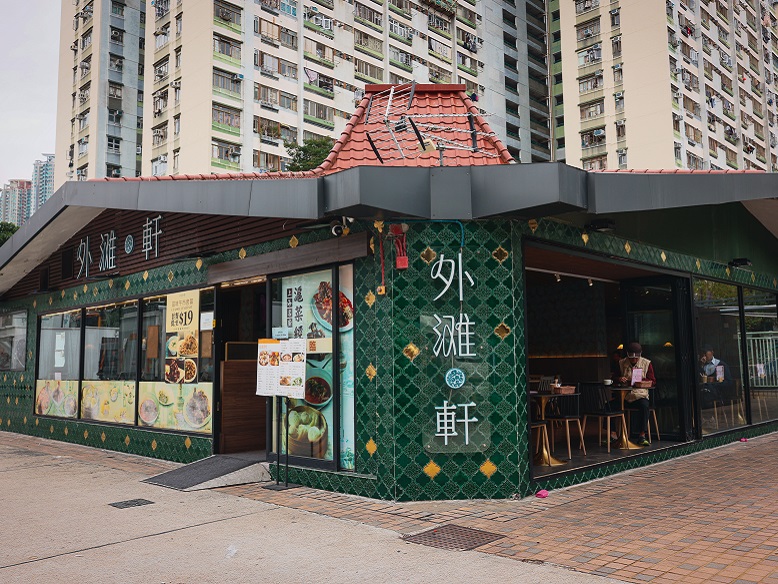
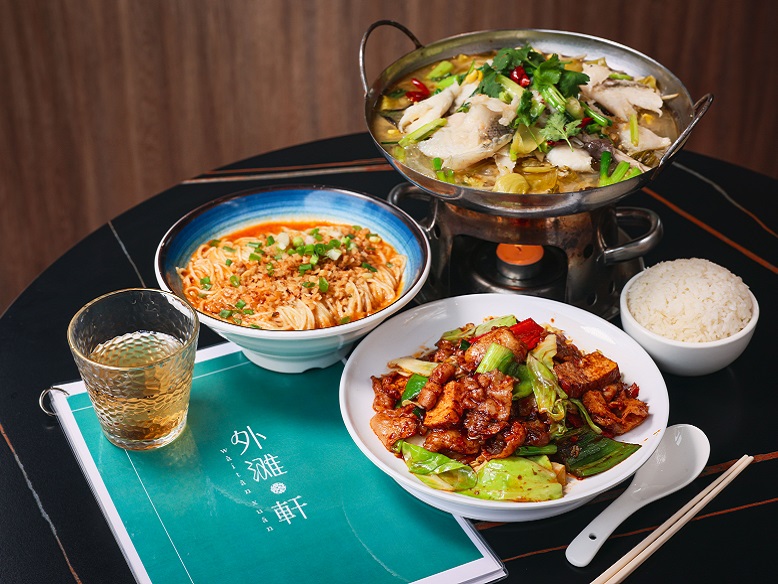
Waitan Xuan delights diners with affordable gourmet offerings like Shanghai fried noodles, xiaolongbao (Chinese dumplings) and potstickers, which have garnered widespread appreciation.
Mr Wu shares, “Though not native to Shanghai, I have a deep affection for Shanghai cuisine. I’ve made sure to employ a Shanghai chef to ensure authenticity in our flavours.”
In recent times, there has been a rising preference among tourists for immersive cultural experiences over mere dining and entertainment. Many visitors are drawn to Hong Kong after exposure to its music, films or to explore its rich history blending Eastern and Western influences. Given their integral role in Hong Kong’s culinary landscape, Mushroom Pavilions have the potential to emerge as the next tourist hotspot, offering a unique glimpse into the city’s culture.